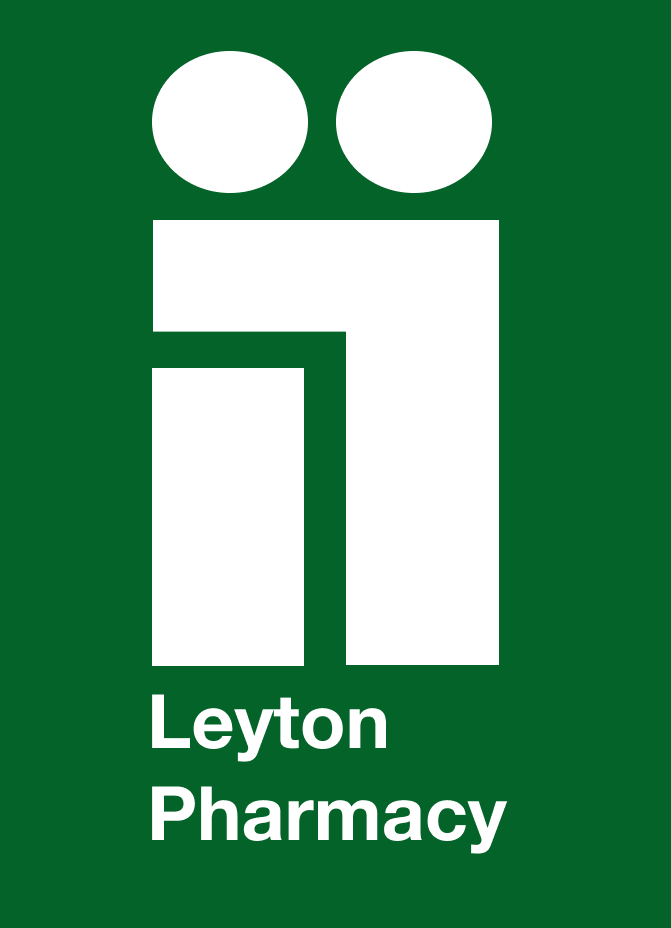
Travel Vaccination: A Comprehensive Guide to Protecting Your Health Abroad
Exploring new destinations and immersing oneself in unfamiliar cultures is a thrilling and enriching experience. However, travelling to different countries can expose us to health risks that our immune systems are not adequately equipped to handle. To stay protected and maintain optimal health while journeying abroad, obtaining the appropriate travel vaccinations is of paramount importance.
As a family-run, independent pharmacy in Leyton, we understand the significance of safeguarding our community's health, both at home and whilst travelling. In this comprehensive guide, we will provide essential insights into the world of travel vaccinations, covering key topics such as the types of vaccines, their recommended schedules, and additional travel health tips to ensure a safe and enjoyable trip abroad.
1. The Importance of Travel Vaccinations
Obtaining travel vaccinations is an essential aspect of ensuring a safe and healthy trip to foreign destinations. Travelling exposes us to new environments and diseases that may not be prevalent in our home countries. Vaccinations offer protection from these potential health risks, allowing you to enjoy your trip without the worry of contracting infectious diseases.
- Disease Prevention: Protecting yourself from serious illnesses prevalent in your destination country is essential. Travel vaccinations can prevent diseases such as hepatitis A and B, yellow fever, meningitis, and typhoid.
- Global Health: Vaccinations not only protect the individual but also contribute to global health by minimising the risk of transmitting diseases across borders.
- Compliance with Entry Requirements: Some countries require proof of specific vaccinations before allowing entry. Ensure that you meet all requisite travel health requirements to avoid complications with immigration authorities.
2. Types of Travel Vaccinations
There are various types of travel vaccines to safeguard your health on your journey. These are typically categorised into routine, recommended, and required vaccines.
- Routine Vaccines: These are vaccinations that should be up to date for every individual, regardless of travel plans. Examples of routine immunisations include measles, mumps and rubella (MMR), diphtheria, tetanus, and pertussis (DTP), and the yearly flu shot.
- Recommended Vaccines: Specific to your travel destination, these vaccines protect against diseases that are prevalent in certain regions but not necessarily in your home country. Examples include hepatitis A, Japanese encephalitis, and rabies.
- Required Vaccines: Some vaccines are mandatory for entry into specific countries or engaging in specific activities. An example of a required vaccine is the yellow fever vaccine, which is necessary for entry into several African and South American countries.
3. Planning and Scheduling Your Travel Vaccinations
Appropriate planning and scheduling of your travel vaccinations is integral to ensuring maximum protection during your trip.
- Consult Your Healthcare Provider: Organise a visit to your healthcare provider or local travel clinic to discuss your upcoming travel plans. They will provide personalised advice and recommendations for vaccination requirements based on your destination, duration of travel, activities, and health history.
- Vaccination Scheduling: Some vaccinations require multiple doses or a specific period for the immune system to develop protection. It is essential to schedule your vaccinations well in advance, typically 4–6 weeks before your departure date.
- Stay Informed: Research and stay updated on any recent disease outbreaks or other health concerns in your destination country. This information may affect your vaccination requirements or prompt additional precautions.
4. Essential Travel Health Tips
In addition to vaccinations, adopting other travel health practices further ensures a healthy and enjoyable journey.
- Personal Hygiene: Maintain rigorous personal hygiene, washing hands regularly and using sanitiser when necessary, especially before eating or drinking. This can prevent the spread of bacteria and viruses.
- Food and Water Safety: Be cautious when consuming food and drink abroad, particularly in developing countries. Drink only bottled or purified water and avoid consuming raw or undercooked meats and seafood, unpasteurised dairy, and unpeeled fruits and vegetables to lower the risk of contracting traveller's diarrhoea or food-borne illnesses.
- Insect Bite Prevention: Protect yourself against insect-borne diseases by using insect repellent, wearing protective clothing, and opting for accommodations with screened windows or bed nets. This is particularly relevant when travelling to regions with a risk of malaria or dengue fever.
- Sun Protection: Minimise the risk of heatstroke and skin damage by applying sunscreen with a high SPF, wearing a hat, and staying hydrated.
5. Understanding the Role of Travel Health Insurance
Comprehensive travel health insurance is an essential aspect of planning a successful and stress-free trip. These policies can provide invaluable support in the event of illness or injury abroad.
- Medical Coverage: Travel health insurance policies cover the costs of medical treatments and hospitalisation incurred abroad, which can be significantly more expensive than in your home country.
- Emergency Services: In case of severe injury or illness, your policy may also include coverage for emergency medical evacuation or repatriation to your home country.
- Pre-Existing Conditions: Ensure that your travel health insurance policy covers any pre-existing medical conditions, as not all policies offer comprehensive coverage for these.
- Check Policy Details: Before purchasing travel health insurance, thoroughly examine the policy details to ensure it is suitable for your needs, including any specific activities you plan to undertake, such as adventure sports or trekking.
Embarking on a Healthy and Protected Journey
A well-planned approach to travel vaccinations and overall health practices is crucial for a rewarding and memorable journey around the world. By staying informed, adhering to vaccination schedules, and prioritising personal health both before and during your travels, you can ensure that your experiences abroad are safe, enjoyable, and enriching.
Consult Leyton Pharmacy as your reliable partner in travel health. Our travel clinic experts will provide professional advice, accurate vaccination recommendations, and tailored support to meet your unique travel needs. Visit us in Leyton or explore our website to learn more about our comprehensive travel health services, and set forth on your next adventure with a trusted healthcare partner by your side.
